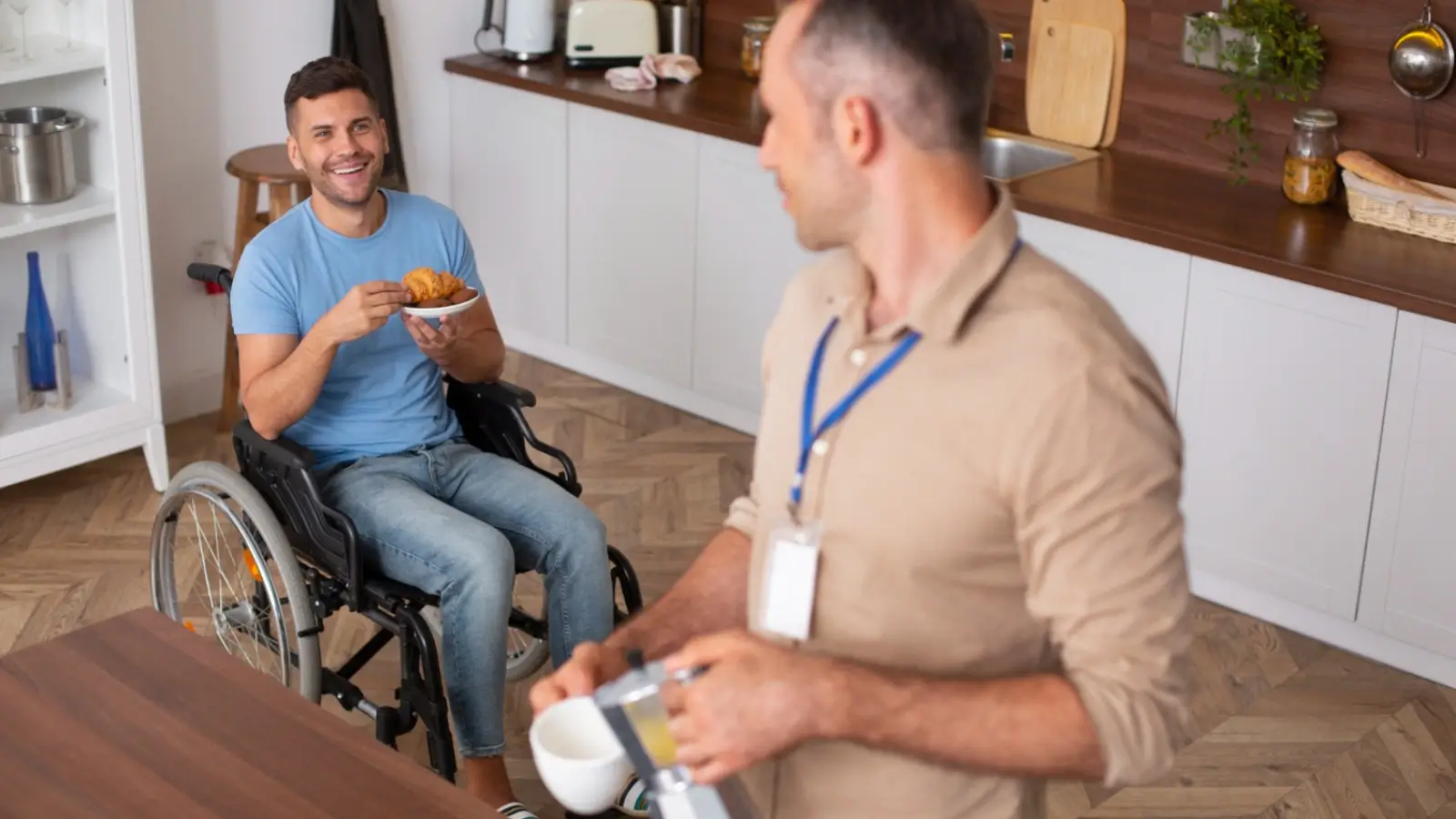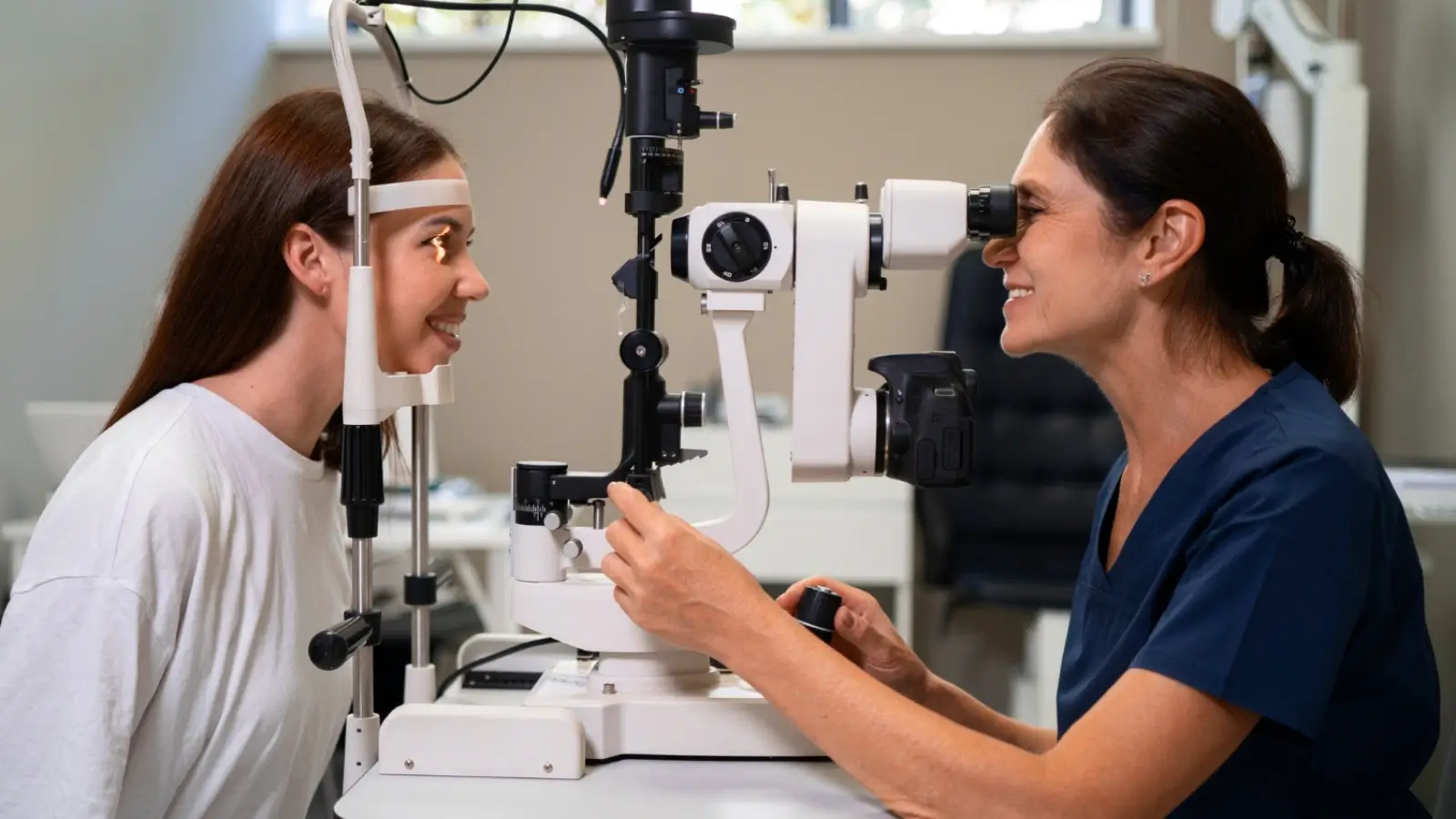Boost Your Heart Health with These Cardio Tips
— Cardio can strengthen your heart and save your life—learn how to maximize its benefits and why ACLS certification is vital for emergency readiness.

Your heart is the engine that powers every part of your body. It beats over 100,000 times per day, pumping life-sustaining oxygen and nutrients through an intricate network of blood vessels. But like any muscle, your heart needs regular maintenance—and cardio training is one of the most powerful tools to keep it in peak condition.
Whether you’re new to fitness or looking to improve your current routine, cardiovascular exercise can transform your health, boost your energy, and even save your life. In this article, we'll explore science-backed cardio tips to strengthen your heart, improve endurance, and lower your risk of heart disease.
We’ll also touch on something just as critical as prevention—preparedness. If you’re a healthcare provider or fitness professional, knowing how to respond to cardiac emergencies can be life-saving. That’s where an online ACLS (Advanced Cardiovascular Life Support) certification comes into play.
Why Cardio is Essential for Heart Health
Cardiovascular (aerobic) exercise includes any rhythmic activity that elevates your heart rate over an extended period. This consistent elevation strengthens your heart, allowing it to pump blood more efficiently with less effort.
Benefits of cardio for heart health:
-
Reduces resting heart rate and blood pressure
-
Lowers LDL (bad) cholesterol and raises HDL (good) cholesterol
-
Improves circulation and blood vessel function
-
Enhances oxygen delivery throughout the body
-
Helps manage blood sugar and weight
-
Reduces stress and inflammation
In short, cardio makes your heart stronger and more resilient.
Best Types of Cardio for a Healthy Heart
Not all cardio is created equal, but the good news is—you don’t need a gym membership to get started. Here are some heart-friendly options:
1. Walking
-
Ideal for beginners
-
Low impact, accessible, and joint-friendly
-
Aim for brisk walking at 3–4 mph for 30 minutes a day
2. Running or Jogging
-
Excellent for cardiovascular endurance
-
Increases heart and lung capacity
-
Can be adapted to intervals (walk-run patterns) for beginners
3. Cycling
-
Low impact but high return on heart health
-
Great for people with joint issues
-
Can be done indoors or outdoors
4. Swimming
-
Full-body cardio without joint stress
-
Enhances lung capacity and circulation
-
Good for seniors and injury recovery
5. Dancing / Zumba
-
Fun, rhythmic, and high-calorie burning
-
Improves heart function, coordination, and mood
6. High-Intensity Interval Training (HIIT)
-
Alternates between intense bursts and recovery
-
Increases metabolism and VO2 max (a key heart metric)
-
Short, effective workouts for busy people
How Much Cardio Do You Need?
The American Heart Association (AHA) recommends:
-
150 minutes of moderate-intensity aerobic activity per week
or -
75 minutes of vigorous-intensity aerobic activity per week
or a combination of both
You can break it into:
-
30 minutes, 5 days a week
-
Three 10-minute sessions a day also works!
Consistency matters more than intensity—so find something you enjoy and can sustain.
Pro Tips to Maximize Heart Benefits
Warm Up and Cool Down
Sudden exertion can shock the cardiovascular system. Gradually ramp up your activity and cool down afterward to prevent dizziness, irregular heartbeats, or fainting.
Track Your Heart Rate
Use a smartwatch or fitness tracker to stay in your target heart rate zone:
-
Moderate intensity: 50–70% of your max HR
-
Vigorous intensity: 70–85% of your max HR
Estimate Max HR = 220 - your age
Stay Hydrated
Dehydration can increase heart strain, especially during intense workouts.
Combine Cardio with Strength Training
Resistance training complements cardio by improving metabolism, posture, and long-term heart function.
Monitor Symptoms
If you experience chest pain, lightheadedness, shortness of breath, or heart palpitations—stop exercising and seek medical attention immediately.
The Role of Prevention and Preparedness
While cardio reduces the risk of heart disease, no amount of training can guarantee complete prevention. That’s why knowing how to respond in a cardiac emergency is just as vital.
Every year, more than 350,000 out-of-hospital cardiac arrests occur in the U.S. alone, and survival depends heavily on immediate and informed intervention.
If you’re a:
-
Nurse
-
EMT
-
Personal trainer
-
Physical therapist
-
Lifeguard
-
Coach
-
Medical student
...then having ACLS certification isn't just a formality—it's a potential lifesaver.
Get Certified with Online ACLS Training
Advanced Cardiovascular Life Support (ACLS) is a set of clinical algorithms and emergency protocols for treating life-threatening cardiovascular conditions like:
-
Cardiac arrest
-
Stroke
-
Acute coronary syndromes
-
Bradycardia and tachycardia (slow and fast heart rhythms)
Our online ACLS certification course is designed to be:
-
100% online and self-paced
-
Based on the latest AHA guidelines
-
Includes ECG interpretation, pharmacology, and case-based simulations
-
Ideal for busy professionals who need flexible learning
Whether you work in emergency medicine or just want to be ready for cardiac events in the workplace, gym, or home—getting certified online gives you the skills to act fast and save lives.
You can complete the course on your schedule and instantly download your certificate upon passing.
Lifestyle + Cardio = Total Heart Health
Cardio is powerful, but it works best when paired with healthy lifestyle choices:
Eat Heart-Healthy Foods
Focus on:
-
Leafy greens, berries, and whole grains
-
Lean proteins (like fish, chicken, legumes)
-
Healthy fats (like nuts, olive oil, and avocados)
Avoid: -
Processed foods, sugary drinks, and trans fats
Sleep Well
Poor sleep increases cortisol and blood pressure. Aim for 7–9 hours per night.
Manage Stress
Chronic stress can damage arteries and elevate heart risk. Add meditation, yoga, or breathwork into your daily routine.
Don’t Smoke
Tobacco narrows arteries and weakens the heart over time. Quitting is the best move for your heart.




















